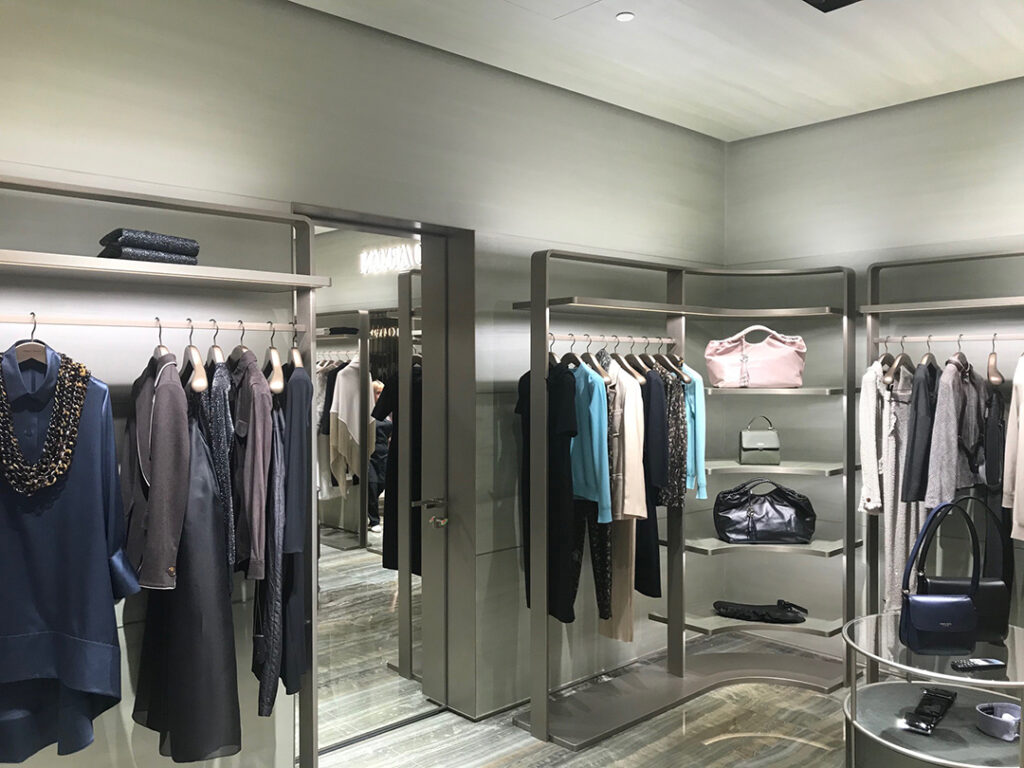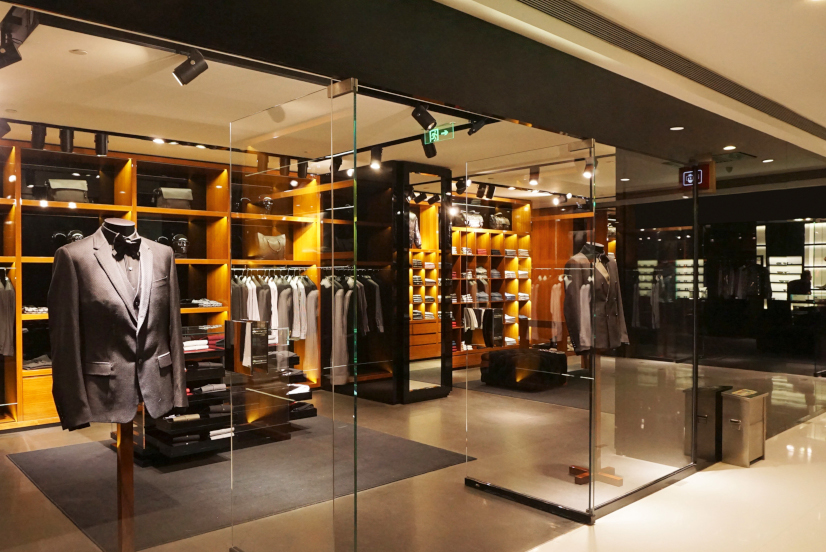Shop fitting is a crucial aspect of retail design, transforming commercial spaces into visually appealing and functional areas that attract customers. In the competitive world of retail, the role of shop fitters goes beyond merely setting up shop; it’s about crafting an experience that captivates visitors, engages customers, and reflects the brand’s identity.
Understanding the Role of Shop Fitters
Importance of Shop Fitters in Retail Design
Shop fitters are skilled professionals responsible for the entire process of transforming an empty space into a fully operational retail outlet. They collaborate with designers, architects, and clients to conceptualize, plan, and execute the design layout of the store.
Skills Required for Shop Fitters
Shop fitting demands a blend of technical expertise and creative vision. From carpentry and electrical work to knowledge of materials and aesthetics, shop fitters need a diverse skill set to bring designs to life effectively.
Shop Fitters: The Process and Expertise
The process begins with detailed planning and design discussions. Shop fitters work closely with clients to understand their vision, translating it into viable plans. Once finalized, the execution phase commences, involving construction, installation of fixtures, and ensuring all elements align with the envisioned design.
Factors Influencing Shop Fitting Decisions
Budget Considerations
Balancing cost-effectiveness without compromising quality is a significant challenge. Shop fitters must optimize resources to create an impactful design within the allocated budget.
Trends and Innovations
Staying updated with the latest trends and innovative technologies is vital. Incorporating new design elements and innovative fixtures can set a store apart from competitors.

The Impact of Effective Shop Fitting
Customer Experience and Engagement
A well-designed store enhances the overall shopping experience, influencing customers’ perceptions and encouraging them to explore and engage with products.
Brand Representation and Identity
Shop fitting contributes to establishing a brand’s identity. Consistency in design elements across multiple outlets reinforces brand recognition and trust among customers.
Choosing the Right Shop Fitters
It’s essential to assess a shop fitter’s experience, portfolio, and client testimonials before making a selection. A proven track record of successful projects speaks volumes about their capabilities.
Shop Fitters: Cost vs. Quality Debate
While cost is a crucial factor, compromising on quality for a lower price may adversely affect the store’s aesthetics and functionality in the long run.
Sustainable Practices in Shop Fitting
Adopting sustainable materials and practices not only aligns with environmental concerns but also resonates well with conscious consumers, adding value to the brand’s image.
Shop Fitting Beyond Retail Spaces
Shop fitting principles extend beyond retail, influencing design concepts in hospitality and other industries, emphasizing the importance of space aesthetics and functionality.
Challenges in Shop Fitting
Meeting deadlines, adapting to evolving consumer behavior, and ensuring designs remain relevant pose continuous challenges for shop fitters.

Future of Shop Fitting
Technological advancements, such as virtual reality and AI, are likely to revolutionize shop fitting, offering more innovative and immersive retail experiences.
Conclusion
Shop fitters play an integral role in shaping retail spaces, creating environments that captivate and resonate with customers. Their expertise and creativity elevate brand identity, customer experience, and overall business success.

